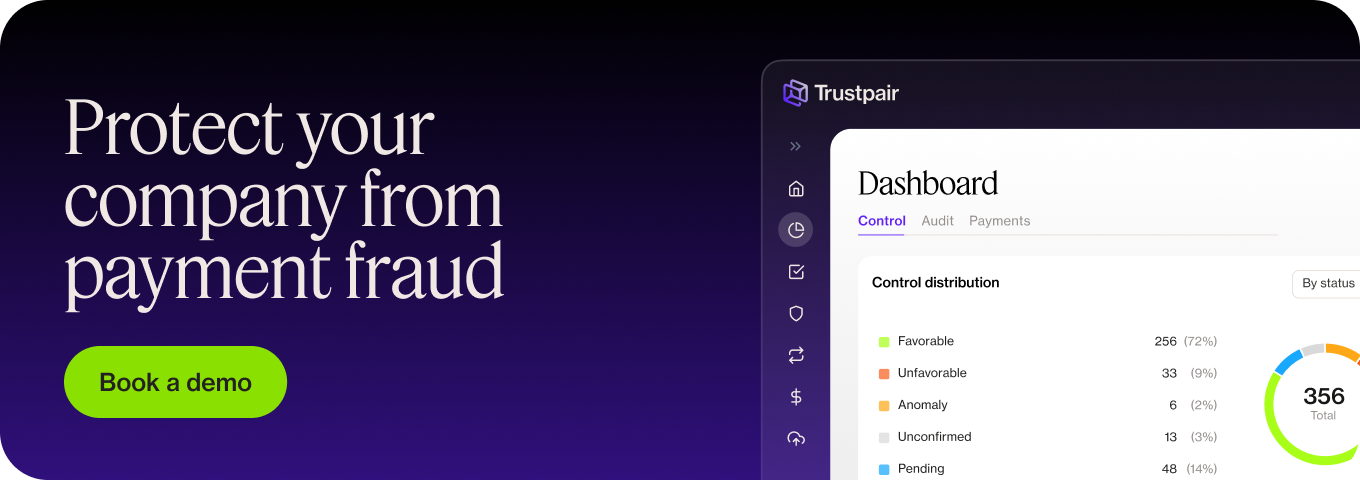The concept of Know Your Business, or KYB, refers to the controls that a company must put in place to ensure that their clients are not engaged in criminal activity. It is the process of due diligence that should be undertaken before dealing with an organisation. It is similar to Know Your Client/Customer (KYC) but the emphasis is on ensuring the validity of the business rather than the true identity of an individual.
Criminals have evolved from using individuals to disguise their activities to using shell and other companies in fraudulent activities. KYB is intended to avoid organisations inadvertently (or even knowingly) dealing with businesses that are involved in money-laundering or terrorist activities. It is a system that is designed to help organisations take a risk-based approach to new and existing customers.
Companies are at risk of all the implications that come with dealing with criminals if they do business with these sorts of companies. There is no excuse for ‘turning a blind eye’ or claiming ignorance.
What is the history of KYB?
The Financial Action Task Force (FATF) is an international organisation that was formed in 1989 and most developed countries are now members or support it. It was set up to create and promote international standards to prevent money laundering. Terrorist financing was added to its remit following the 2001 terrorist attacks.
Different legislation exists in different countries, but it tends to be broadly similar. In the US the main AML legal authority is the Bank Secrecy Act, administered and enforced by FinCen, part of the treasury department. The European Union’s Anti Money Laundering Directive has been updated several times, most recently with the 6th directive in July 2021 which aims to “improve the detection of suspicious transactions and activities, and close loopholes”. The fifth directive placed substantial emphasis on the importance of the KYB processes.
What are KYB procedures?
To satisfy KYB requirements, organisations must obtain and verify certain information about the companies and third parties they are dealing with. They need to look at the ownership structure and documents that prove that companies have been set up legitimately. This includes checking the company’s business register, and the identities of the ultimate beneficial ownership (UBO) and shareholders holding more than 25% of a company’s shares. The less transparent a company structure is and the harder it is to work out, the harder it will be to vet.
The UBO defines the company’s beneficiary’s legal entity and ultimately the owners who have control over a company. A UBO check is a mandatory process to ensure that money is not going to fund criminal activity. A company that does not make these checks opens themselves up to fraud, fines for failure to comply with legislation, and the reputational risk that fraud and fines can bring.
Any institution dealing with money transfers must ensure that they have done the due diligence on the companies they are dealing with. The financial services sector is particularly at risk from fraud.
How does KYB help protect companies from fraud?
If an organisation looks into how a business they intend to deal with is set up (KYB), and the individuals involved (KYC), it is less likely to be the inadvertent victim of fraud by that business. For example, accounts will have been checked and, as long as this is maintained as part of an ongoing fraud prevention process, there is less chance that funds can be diverted to the wrong account.
As we have already noted, ignorance is not a defence. Organisations have a huge amount to lose, and not just in potential fines for failing to comply. The loss to reputational risk can be hugely damaging and very hard to recover from.
How can automated processes help with KYB?
Looking into company structures can be extremely complicated as they may encompass multiple businesses, countries, and jurisdictions. Manual know-your-business checks can be extremely time-consuming and are open to human error, as well as corruption or fraud. Organisations that have nothing to hide will be happy to submit to electronic identity verification where this is possible. This automates the verification process and gives access to KYB compliance with electronic authentication.
Trustpair’s systems offer automated processes that reduce risk and increase compliance with AML directives. Bank details of third parties can be systematically checked and continually verified to ensure that they are associated with the company’s identity. Our solutions give peace of mind for fraud risk and compliance and free up valuable employee time. This allows them to focus more on value-added tasks that can grow a business.
To find out more about how our software can help reduce your company’s fraud risk, please contact us now to request a demo. We would love to tell you more.
Key Takeaways:
- Know Your Business is an essential process to protect against fraudulent activity
- KYB checks help companies understand the risks posed by new and ongoing business relationships
- Trustpair software offers tools to help with KYB and fight fraud

